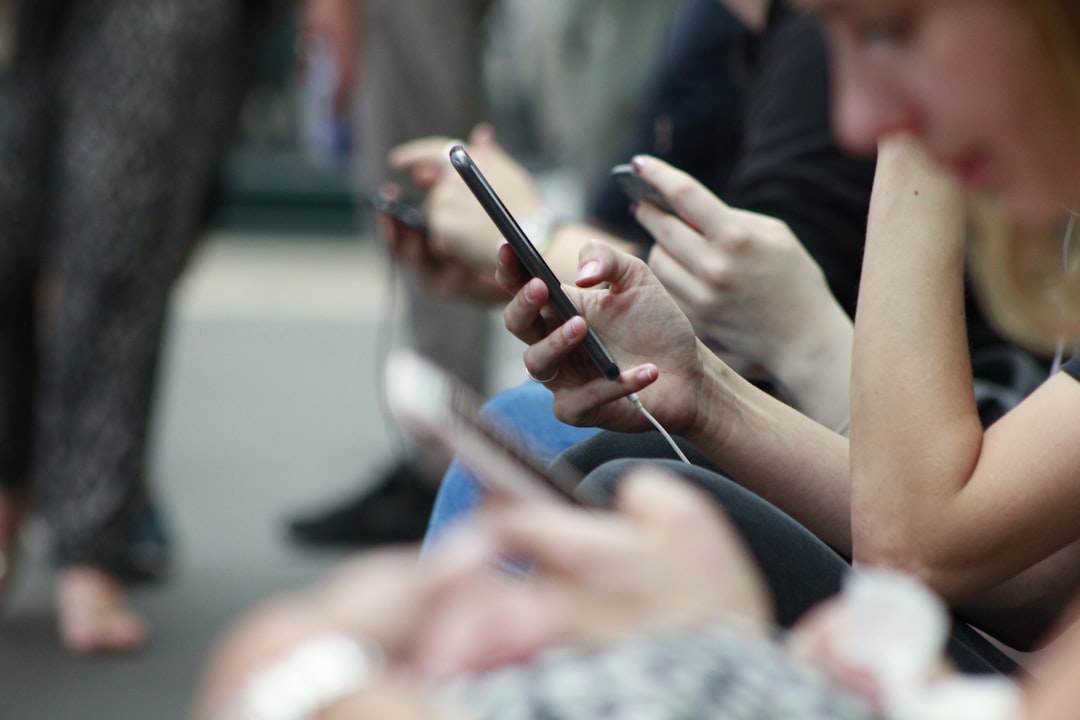Internet addicts have a twelve-step program, too
An early ITAA member explains how the program works and how it spread to 50 countries in five years.
Embedded is your essential guide to what’s good on the internet, from Kate Lindsay and Nick Catucci.
I’ve made no secret of the fact that, despite the joy I find on the internet, I have a rocky relationship with it. Especially over the past few years, as I realized the ways lifelong unfettered social media use has warped my understanding of myself and the world around me. (You can find me rambling about that in my recent conversation with Charlie Warzel).
Seeking out other people who feel similarly, I stumbled upon Internet and Technology Addicts Anonymous, a twelve-step fellowship for compulsive internet and technology use that has thousands of members across dozens of countries. Addiction is a complicated topic, and the concept of internet and technology addiction is still very new, and I’m certainly no authority on either. For this reason, I’d like to let my interview with Tomás, an early ITAA member I spoke with over the phone a few weeks ago, stand on its own. I’m leaving the first couple questions above the paywall so readers can get an accurate understanding of what ITAA is, and the more in-depth conversation follows. —Kate
PS: We encourage subscribers to forward this full email to anyone who they think might benefit from it. And any non-subscribers who would like access to it should email us at embedded@substack.com.

How did you get involved in ITAA?
I am an internet and technology addict, and I've struggled with compulsive behavior with regards to screens and my devices and the internet since I was really young. And I'd been looking for something for many years before I finally was able to find a related fellowship that was just for gaming addiction, which is one piece of my problem. And so I was able to get sober. I haven't played a game for about five years. And then through that program, I met some of the other early members of what would later become the ITAA. So I was there at some of our earliest meetings and that was back in 2017, in the summer.
What can struggling with the internet look like?
So I'll say I can only speak from my own experience, and there's lots of different ways that people might struggle with this, but for me, my relationship with compulsive internet and technology use looked like, on the one hand, a kind of regular and unwanted binging experience. I'd take a break, and I’d think, I'm just gonna take a five minute break, I'm overstretched. I need to just switch off. And five minutes would turn to 10 minutes would turn to 20 minutes, 30 minutes, an hour, two hours, four hours. And then before I knew it, I saw the sunrise coming up and I hadn't done any of the things I was supposed to do. I could sometimes pass out just from exhaustion of not being able to watch another show, not being able to play another game, or read another article. And I could wake up a few hours later and feel so ashamed, so upset. I'd tell myself, I can't ever do this again. I procrastinated and put off all kinds of things I was supposed to do. And then sometimes within 10 minutes, after just lying in misery, I would just grab my phone and start again. And that, at my worst, could sometimes go on for days and days, and no one had any idea.
I think of myself as being high functioning. From the outside, no one could have ever imagined, but this was happening sometimes as frequently as once or even twice a week. Sometimes I could go a month or two without falling into this really violent binge. But even when I wasn't having these kinds of dramatic episodes, for me, I was just filling every scrap of spare time, every open space, with some kind of information, some kind of song or article or podcast, just anything that I could fill the silence with, and it could become really oppressive.
I felt very out of touch with my emotions and my own thoughts, and the most consistent emotion that I could connect to was dissatisfaction and despair. This would come up pretty consistently. And I think that the cycle of this use was that using actually helped me numb my uncomfortable emotions, numb my anxiety, numb my boredom, numb my feelings of inadequacy. And it was very interesting to discover this about myself in recovery, because I'd always thought I was a very emotionally intelligent, self-aware person. But I was really heavily self medicating through this behavior.
Keep reading with a 7-day free trial
Subscribe to Embedded to keep reading this post and get 7 days of free access to the full post archives.


